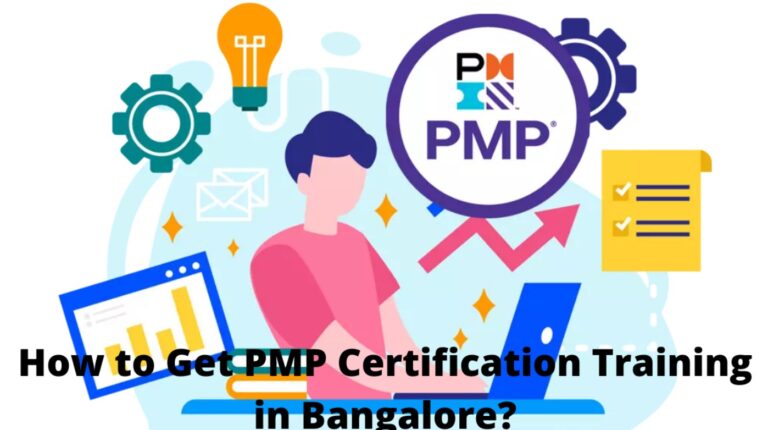Think of project management as a vast ocean voyage. The ship is sturdy, the crew is skilled, and the destination is clear. Yet without a compass or stars to navigate by, even the strongest vessel risks drifting into uncharted waters. In the world of modern projects, metrics are those guiding stars, and in the PMP era, they are undergoing a much-needed redefinition. Rather than clinging to outdated measures of time and cost alone, today’s leaders are learning to look at KPIs that reveal depth, adaptability, and long-term value.
Beyond the Stopwatch and Balance Sheet
For decades, project success was reduced to a simple equation: Was it finished on time and within budget? While these markers remain relevant, they no longer capture the full story. A bridge that’s built on schedule but collapses within a year is hardly a success. Similarly, a software rollout that meets deadlines but frustrates users leaves a bitter aftertaste. Learners taking PMP Training in Bangalore are discovering that success lies in evaluating not just efficiency but also resilience, stakeholder satisfaction, and sustained business impact. These richer dimensions of measurement offer a truer picture of performance.
The Pulse of Stakeholders
Imagine a medical team monitoring a patient after surgery. It’s not enough to know the procedure ended on time; doctors track pulse, oxygen levels, and recovery patterns to understand overall health. Projects demand the same attentiveness. Stakeholder engagement is a vital KPI, revealing whether sponsors, teams, and end users remain aligned and satisfied throughout the lifecycle. By regularly surveying perceptions and documenting trust levels, managers gain insights into whether the project’s heartbeat is steady. This human-centred approach shifts success from mere delivery to genuine value creation.
Agility as a Metric
In a world where markets shift overnight, rigidity can sink even the most carefully planned initiatives. Think of agility as a project’s ability to dance rather than march. When requirements change, can the team pivot gracefully without stumbling? Measuring agility involves tracking cycle times, frequency of iterations, and responsiveness to change requests. This lens reveals whether a project thrives in turbulence or collapses under pressure. For many professionals undertaking PMP Training in Bangalore, agility is emerging as a skill to be measured and honed, not just admired.
Innovation and Knowledge Transfer
A project that ends without leaving behind wisdom is like a campfire that dies without warming the next traveller. Modern KPIs increasingly focus on knowledge transfer and innovation. How many lessons were captured? Were processes improved for future initiatives? Did the team develop reusable assets? These metrics extend the lifespan of a project’s value beyond its official closing ceremony. They also foster cultures where learning is continuous and failure is treated as fertile ground for growth. By embedding innovation into the scorecard, organisations ensure progress compounds rather than resets.
The Symphony of Sustainability
Every project contributes notes to the larger symphony of business and society. Traditional KPIs often ignore sustainability, but the PMP era demands awareness of long-term impact. Measuring environmental, social, and governance (ESG) contributions places projects in context with organisational values. Did the initiative reduce carbon footprint, enhance inclusivity, or improve community outcomes? By weaving sustainability into KPIs, managers show that success isn’t just about finishing the race but about leaving a positive trail behind. These measures are becoming increasingly important for global credibility and stakeholder trust.
Conclusion
The PMP era challenges leaders to rethink project KPIs as more than ticks on a checklist. They are the compass points guiding ships through uncertain seas, ensuring the journey matters as much as the destination. Beyond deadlines and budgets, success is now judged by agility, stakeholder satisfaction, innovation, and sustainability. This redefinition creates a richer, more enduring understanding of what it means to deliver value. For project managers, embracing these metrics isn’t just a professional obligation—it’s a transformative mindset that elevates the very craft of leadership in an evolving world.


